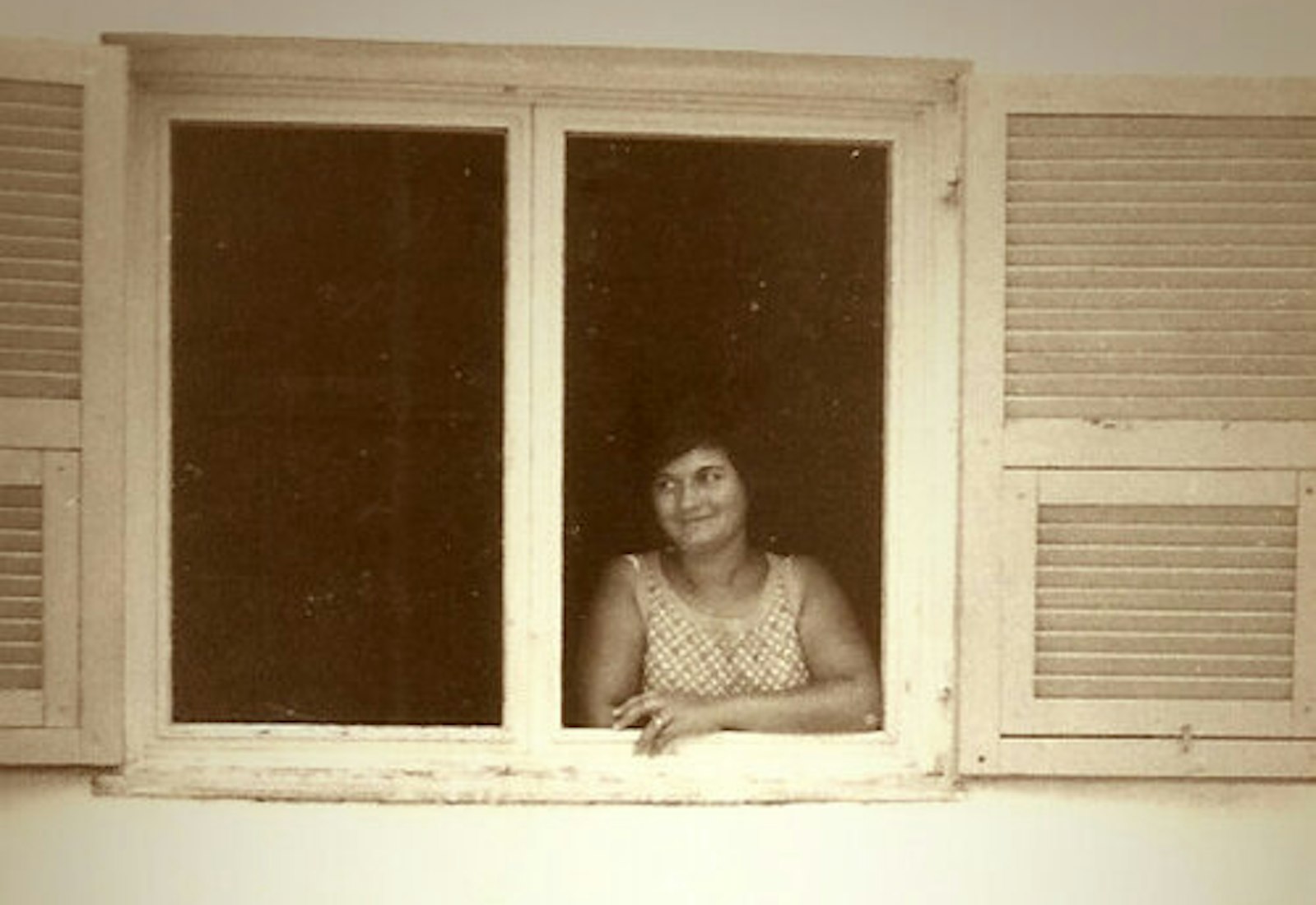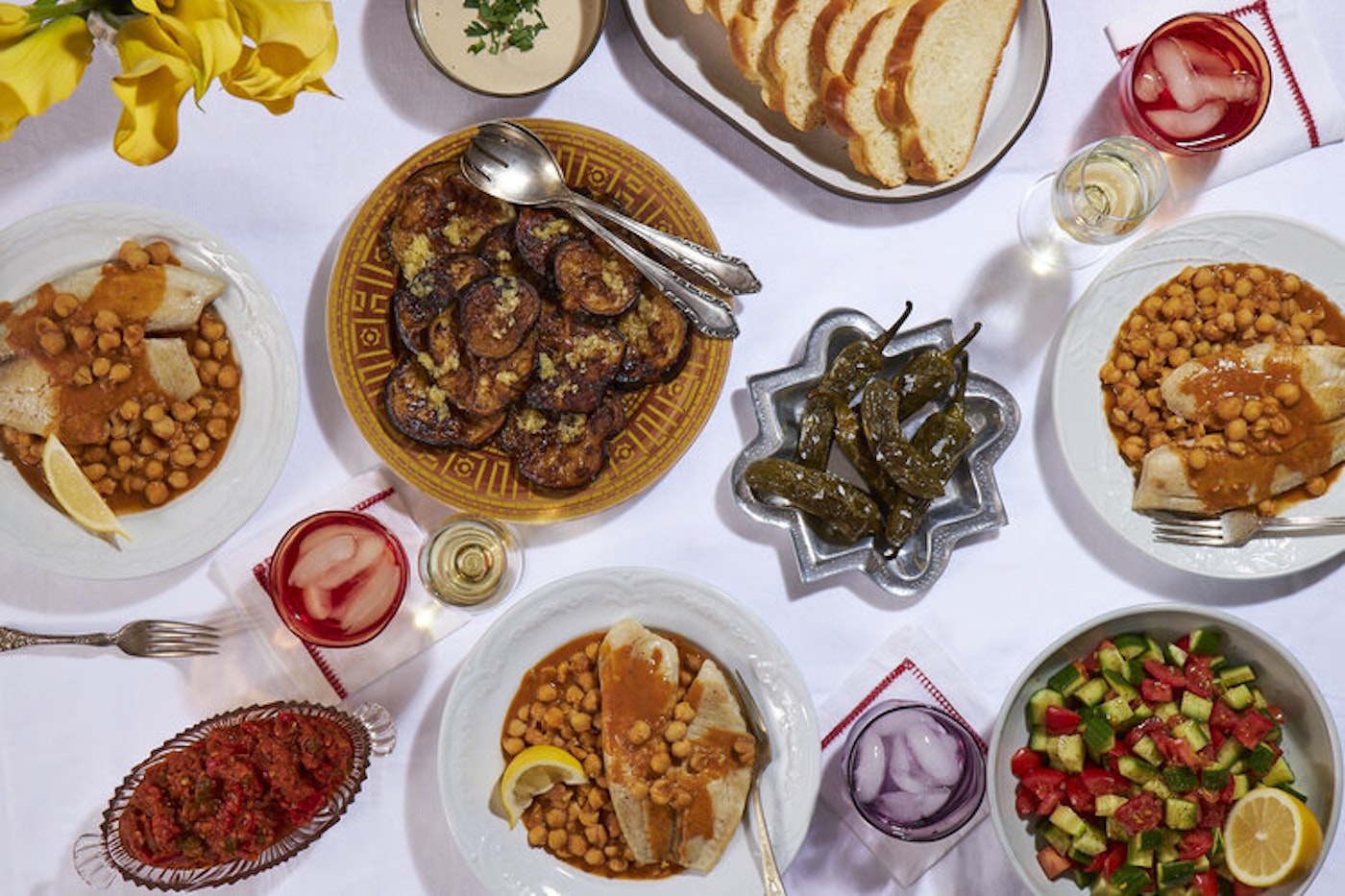Shared by Uriel Benzrihem


“I’m the little boy, the youngest of six [in] the family,” says designer and chef Uriel Benzrihem. “And Shabbat is really the only time that we [were] all together.” When he was little, growing up in Lod, a city not far from Israel’s main airport, his older brothers studied at yeshiva, while his sisters learned at religious schools for girls, and mid-week meals with everyone around the table weren’t common. But Shabbats were different. All the siblings gathered around a large table, spread with Moroccan salads and slow-cooked chickpeas on Friday nights and hearty hamin on Saturdays after synagogue services.
The busy Shabbat household was an echo of the family’s roots in Fez, a city in northern Morocco. Here, before immigrating to Israel in 1962, Uriel’s mother Pnina grew up with multiple generations — grandparents, parents, and grandchildren — living under one roof. Unable to replicate such a family home in Israel, Uriel believes his parents built their own large family. “So they [would] feel like the tribe they had in Morocco,” he says.
It wasn’t just a sensibility about family that came to Israel, but a chickpea recipe and Friday tradition that traces back to Uriel’s great-grandmother. Pnina’s mother Simcha, like hers before her, started preparing the chickpeas the evening before they were served, soaking them overnight. Early on Friday mornings, Simcha would start cooking them for a lunchtime meal, chiding Pnina for interfering, saying that if the lid was lifted off of the pot too often, the chickpeas would come out hard. But, Uriel jokes that it was more likely a way to keep Pnina from disrupting her mother’s Friday cooking.
A generation later, when Uriel was little, Pnina started Shabbat dinner every Friday with the chickpeas, serving them with a simple slice of fish, and small bowls of salads and vegetables like fried hot peppers and eggplant, and matbucha, a cooked salad or dip made with tomatoes and peppers. The main course of meat patties or chicken with peas and onions would change week to week, but the chickpeas remained constant.
In 2019, Uriel and his partner Shay moved to New York City to work as designers, but COVID quickly changed their lives. During the pandemic, Shay turned to baking and Uriel to cooking, both selling their goods on the app WoodSpoon. The recipes offered more than a new profession.
He called his mother, asking her to share the recipes he had growing up. Uriel wanted her to know that, “Even though I’m far [away], her little boy… wants to be close,” he says. The two started by sharing the family chickpea recipe which simmers for hours, requiring little other than simple ingredients and time. “I wanted to have my homemade dishes and feel at home,” he adds.
